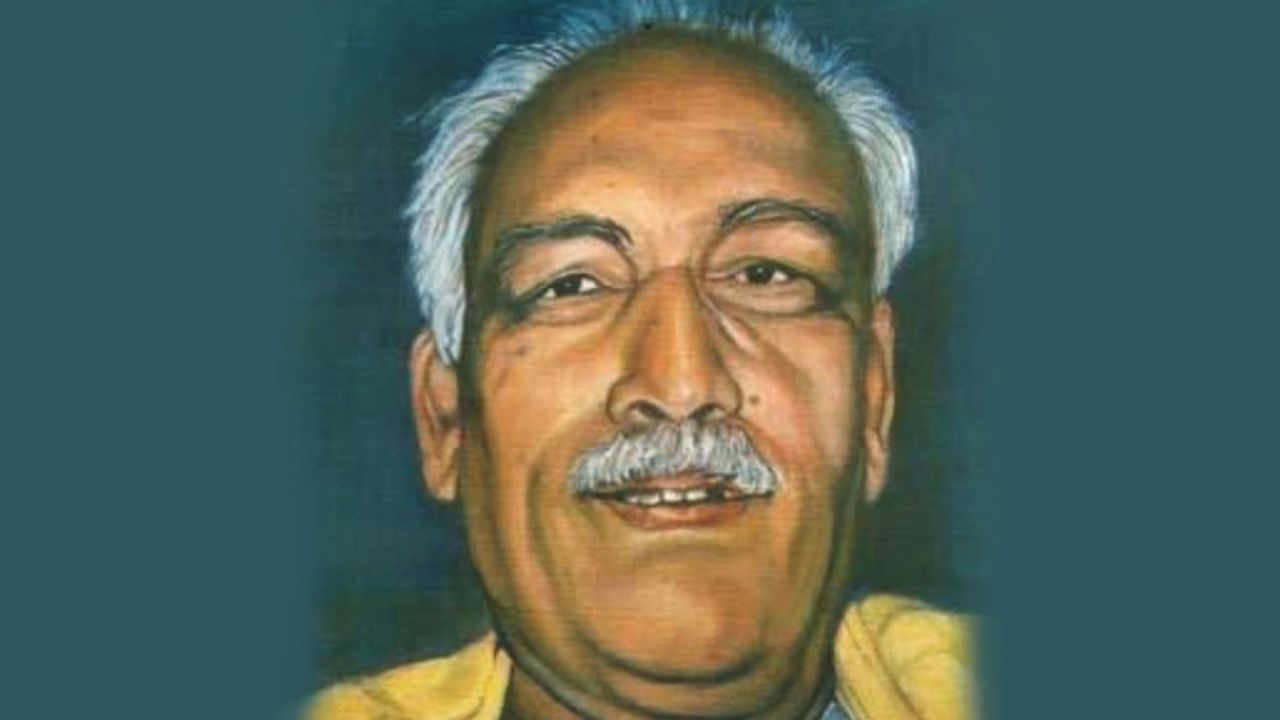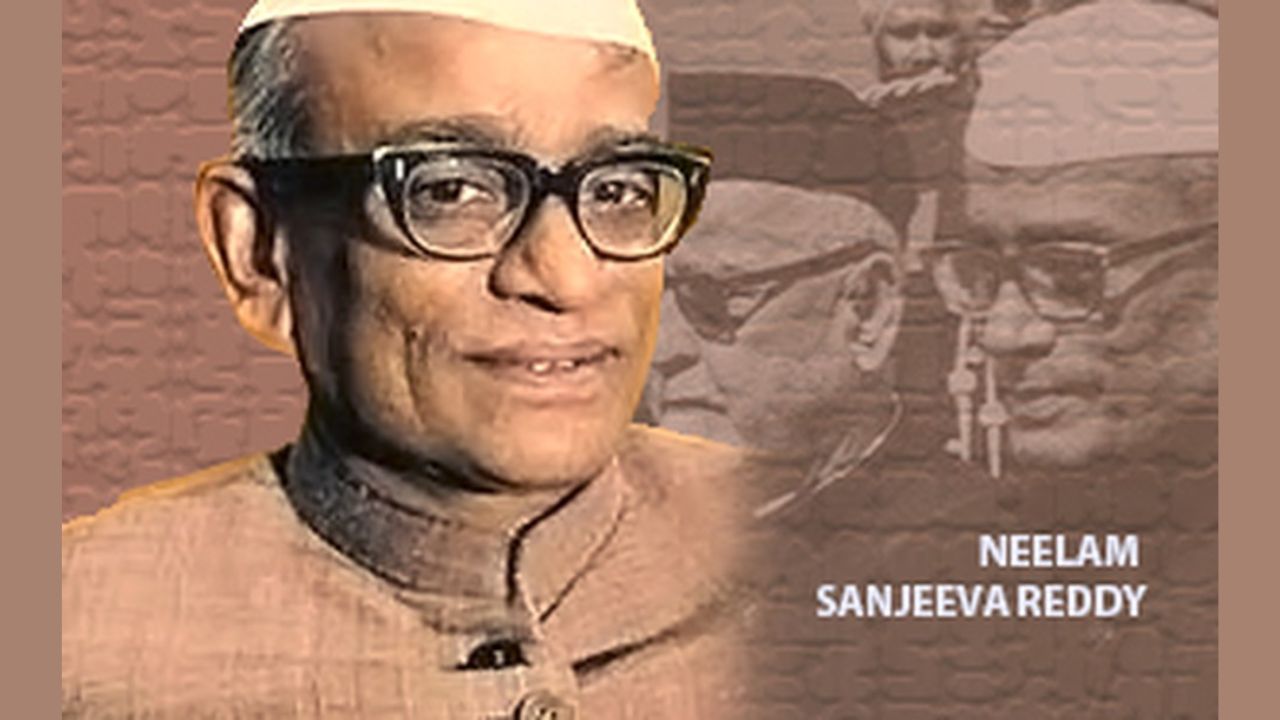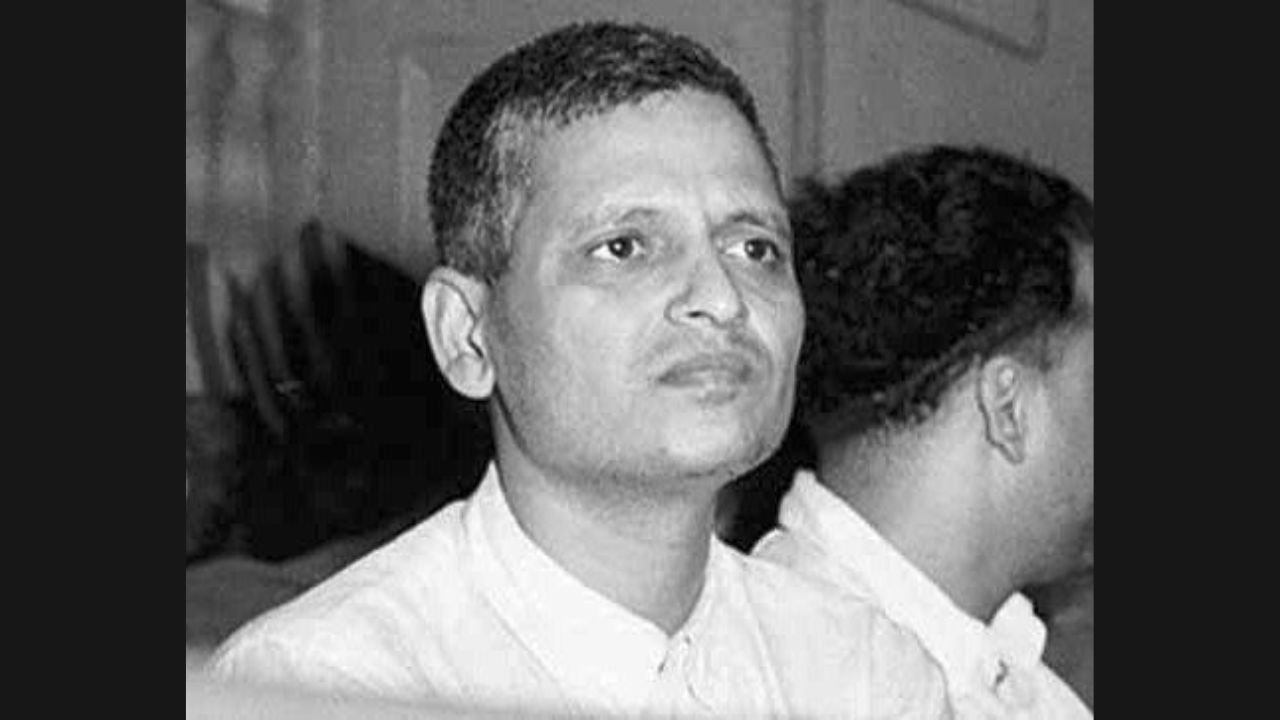Hazari Prasad Dwivedi Biography: Hazari Prasad Dwivedi was a Hindi novelist, literary historian, essayist, critic, and scholar. He was born on 19 August 1907 and died on 19 May 1979. Numerous novels, essay compilations, historical research on mediaeval religious movements in India, particularly Kabir and Natha Sampradaya, and historical outlines of Hindi literature are among his works.
Hazari Prasad Dwivedi Biography
The Early Life of Hazari Prasad Dwivedi
Hazari Prasad Dwivedi was an original Hindi essayist, an eminent critic, and a distinguished novelist of cultural principles. Acharya Hazari Prasad was born on August 19, 1907 in Ballia district’s ‘Dube-Ka-Chhapra’ village. His family was renowned for their expertise in astrology. Pandit Anmol Dwivedi, his father, was an erudite Sanskrit scholar. Early education for Acharya Hazari Prasad Dwivedi occurred in the village school, where he passed the middle examination. After completing his intermediate education, he also studied Jyotishi (astrology) and Sanskrit at a traditional school in order to qualify for the ‘Acharya’ degree in astrology and the ‘Shastri’ degree in Sanskrit. He passed the Acharya examination by sitting the inter-examination and astrology subjects.
Education attained by Hazari Prasad Dwivedi
Dr Hazari Prasad Dwivedi concluded his early education at his village school, after which he took an examination for middle school in 1920 and received first place.
Hazari Prasad Dwivedi was born into a Brahmin family; his was the family of a famous astrologer, and his father was also a Brahmin who worked as a Brahmin.
After completing his education, Dwivediji moved to Shantiniketan and spent many years working in the Hindi department there. In Shantiniketan, under the influence of Rabindranath Thakur and Acharya Kshitimohan Sen, he began in-depth literary study and development. Acharya Hazari Prasad Dwivedi had a highly influential personality and a simple and generous disposition.
Acharya Hazari Prasad Dwivedi was an expert in the languages of Hindi, English, Sanskrit, and Bengali. He was well-versed in devotional literature. He was awarded a doctorate in literature by Lucknow University. This title is a special honour bestowed upon him.
Apart from Hindi, he was knowledgeable about many languages including Sanskrit, Bengali, Punjabi, Gujarati, Pali, Prakrit Numerous novels, essay compilations, historical research on mediaeval religious movements in India, particularly Kabir and Natha Sampradaya, and historical outlines of Hindi literature are among his works. Thoughts, deeds, and investigation on sages by the mediaeval saint Kabir are considered to be excellent works.
Acharya Hazari Prasad Dwivedi’s career
Dwivediji has held numerous significant positions throughout his existence. In 1930, following his education, he joined Visva Bharati. In addition to teaching Sanskrit and Hindi, he engaged in research and creative writing. Dwivediji remained in Shantiniketan for twenty years. He served as the head of the Hindi departments at Shantiniketan, Kashi Hindu University, and Punjab. He was the leader of the Hindi Bhavana for many years after helping to establish it.
In 1958, he joined the National Granth and went on to serve as vice president of Kashi Nagari Pracharini Sabha, director of the investigation department, and editor of Nagari Pracharini for a number of years. Then, from 1960 to 1966, he served as professor and head of the Hindi department at Chandigarh’s Punjab University. After that, he assumed responsibility for various Indian government programmes.
H. D. Deve Gowda Biography: Birthday, Early Life, Career, Personal Life, Facts
Reema Lagoo Biography: Birthday, Early Life, Career, Personal Life, Death
Awards
In 1957, the government of India presented Hazari Prasad Dwivedi with the civilian honour Padma Bhushan in recognition of his contributions to Hindi literature. In 1973, ‘Acharya’ Hazari Prasad Dwivedi received the Sahitya Akademi Award for his collection of essays titled ‘Alok Parva’.
Death
On May 19, 1979, ‘Acharya’ Hazari Prasad Dwivedi passed away, leaving behind an enlightening compilation of Hindi writings. He was in Delhi at the time of his passing.



